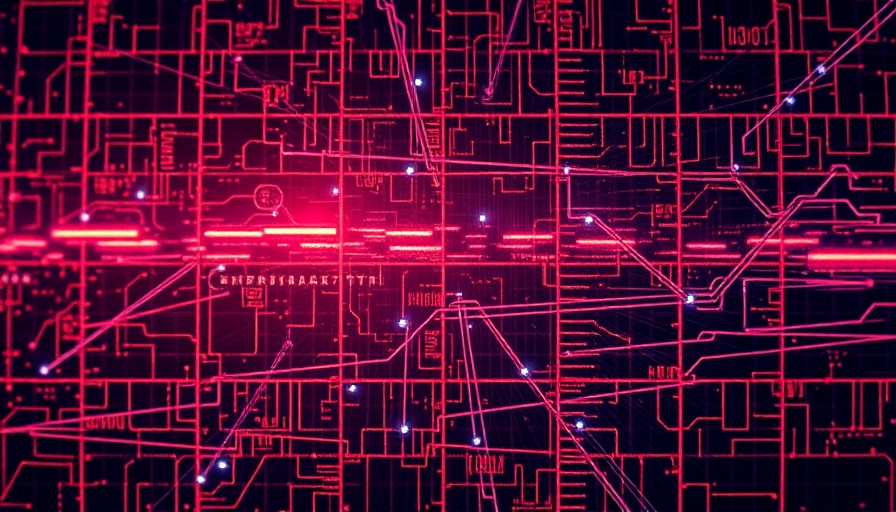
China's Manus: A Revolutionary Leap in AI Technology
China's AI landscape is buzzing with excitement following the recent launch of Manus, dubbed the country's first fully autonomous AI agent. Positioned as a significant advancement akin to DeepSeek, Manus is touted to redefine how humans interact with machines. Developed by the innovative start-up Monica, a subsidiary of the Butterfly Effect, Manus promises capabilities that could enable it to perform complex tasks with minimal human oversight. However, while its launch has garnered notable acclaim, skepticism looms regarding its actual efficacy and the transparency surrounding its operation.
What Sets Manus Apart?
Manus stands out from traditional chatbots by minimizing the need for repeated commands. Its creators claim it can autonomously carry out tasks ranging from data analysis to website creation without requiring continuous human input. In a striking demonstration video, Manus appears to seamlessly manage its workload, executing tasks like sorting résumés and analyzing stock trends in rapid succession. A shift to cloud-based processing enables Manus to operate independently, raising the excitement and concerns regarding its capabilities.
A New Paradigm of Human-Machine Collaboration
Yichao 'Peak' Ji, Manus's cofounder, describes this AI as more than just another digital assistant; he envisions it as a bridge between creative thought and practical execution. 'This isn't just a workflow tool,' Ji asserted. Such ambitions have led many experts to claim that Manus could herald a new era of advanced human-machine collaboration and even be a step towards Artificial General Intelligence (AGI).
Comparisons to the Previous Breakthrough: DeepSeek
Manus is frequently compared to DeepSeek, noted for showcasing China's potential in the global AI arena, prompting discussions about the technological arms race between nations. Some experts argue that while DeepSeek aimed to replicate existing capabilities, Manus might push the boundaries further by pioneering unprecedented functionalities. This has evoked responses from varied voices in the AI community, with some heralding Manus as a revolutionary innovation, and others cautioning against jumping to conclusions too quickly.
Concerns Over Efficacy and Data Privacy
Despite its promising features, Manus has not escaped criticism. Some early testers reported issues including factual inaccuracies and operational problems, echoing concerns that its launch was driven more by hype than actual performance. Moreover, data privacy remains a significant point of contention, with worries regarding how and where user data is processed and the potential access that Chinese authorities may have to it.
Industry Reactions: A Division of Opinions
The AI research community is divided over Manus's true potential. While some champions of the technology emphasize its future applications and transformative potential in coding and user interaction, others highlight the critical need for rigorous standards in AI transparency and accountability. The ongoing debate underscores the broader discussions regarding the governance of AI entities, particularly those emerging from China amidst rising geopolitical tensions.
The Future of Manus and AI in China
As Manus undergoes invitation-only testing, the anticipation surrounding its wider release grows. Experts recognize that as autonomous AI agents gain traction, discussions on their implications for society—ranging from ethical concerns to practical applications—will only intensify. In a time of rapid acceleration in AI development, the emergence of Manus serves as both a groundbreaking achievement and a call to action for ongoing scrutiny of AI systems.
Conclusion: Engage with the Emerging AI Landscape
AI enthusiasts should keep a close eye on Manus as it continues to develop. As with any new technology, understanding its impacts—both positive and negative—requires diligence and open dialogue. Join conversations in AI forums and communities to stay informed on this landscape.
 Add Row
Add Row  Add
Add 




Write A Comment